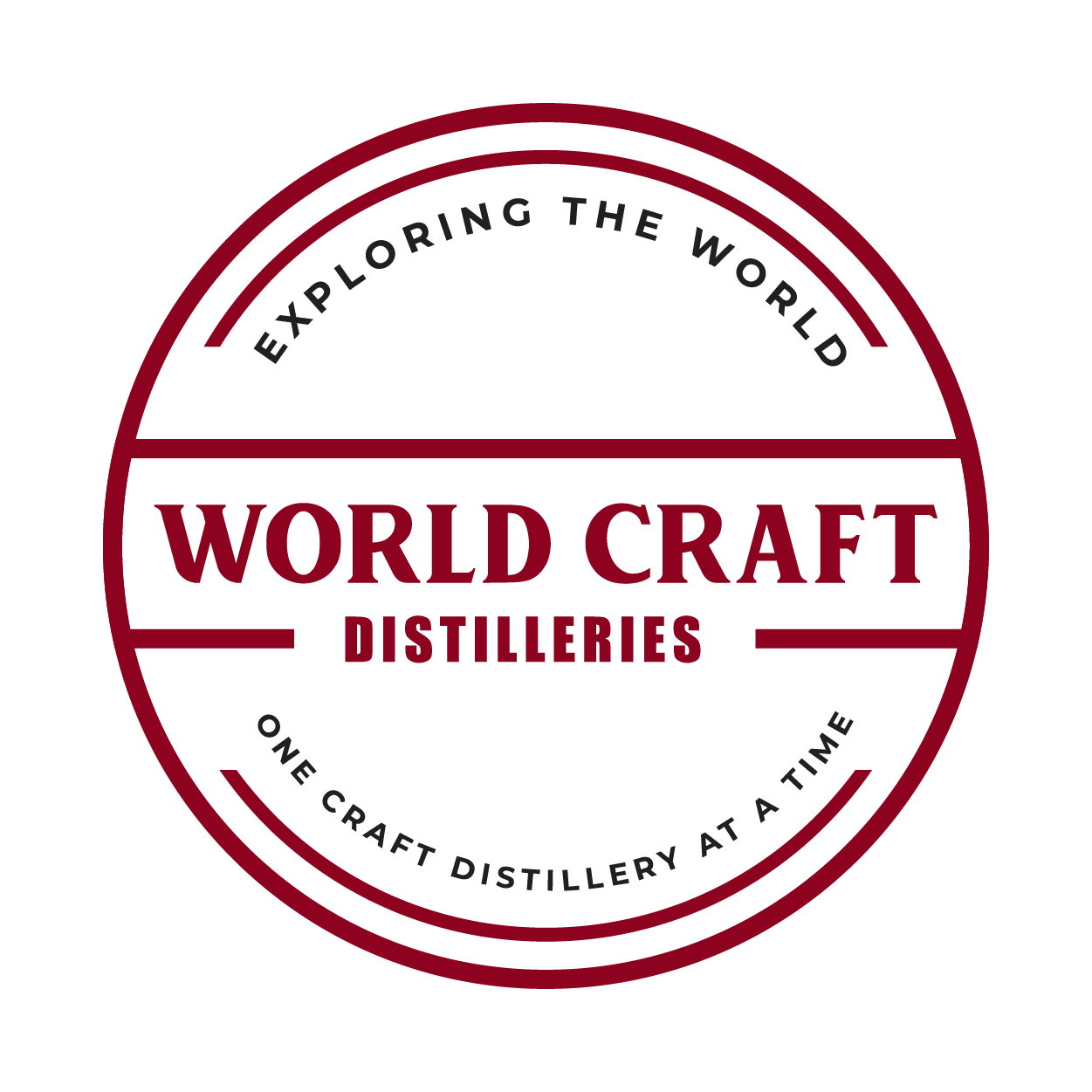Botanical Treasure Trove
South Africa, and particularly the Cape area, is a treasure trove for adventurous distillers. With access to so many unique, indigenous botanicals, it’s no surprise that newly-weds Nic Janeke and Andri du Plessis have taken advantage of the abundance and created their own unique gins and vodka that have a specific South African flavor.
The whole premise behind this unique, non-traditional distillery, New Harbour Distillery, is to combine science, art and chemistry, using different distilling techniques in each product.
Creating two distinct gins, Rooibos Infused Gin and Spekboom/iGwanitsha Gin, Nic, the Master Distiller says, “I try not to be traditional at all.”
Coming from a chemical engineering background, Nic dabbled in distilling from his University days. Andri remembers him showing up at parties with his own, home-distilled vodka and mampoer, which he distilled on his custom-designed stills. He followed the burgeoning craft distilling movement in the United States and Europe and thought, “I can do that!”
It took them 1 ½ years to get their distilling license, sinking all their savings into the project. As the reality of opening moved closer, they used a local crowdfunding source, ThundaFund to complete the operation. Just a year ago, New Harbour Distillery opened in a beautifully renovated old press building in a very industrial part of Woodstock, an area of Cape Town near the harbor.
Liquor licensing in South Africa is a quirky government process, with rules rooted in very old laws. One of these is that a prospective distillery must have an approved distilled product before a license to distill is issued!
During that year, the neophyte distillers experimented and perfected their recipes, created label designs and prepared for the opening. “For that year, we did nothing socially, spending all our time in the distillery.” Their diligence and ingenuity has paid off, and after only a year officially in business, have their first Michelangelo International Wine & Spirit Awards Gold Medals.
With Nic’s engineering background, he has collaborated with a glassblower in Stellenbosch to design and create his own stills which facilitate all distilling techniques: vapor infusion, maceration and vacuum distilling, all of which are used to produce each product. One glass still, with the larger chamber is used for lighter botanicals, while the small one is used for experimental batches.
Carbon Neutral
The 400 litre pot still is used to rectify their purchased NGS. With the limited size of the distillery, it made more sense to buy the base, and as Nic mentioned, their source has all the operations in place to dispose of waste materials created during the process, which New Harbour does not.
Their goal is to be carbon neutral, one of the reasons they chose spekboom or Portulacaria afra, also known as Elephant’s Food which, according to the Spekboom Foundation, is “10 times more effective per hectare at carbon fixing than any tropical rain forest. Each hectare of spekboom could capture 4.2 tons of carbon yearly."
The Gin Lab
With the idea of holding gin blending classes once a month, the couple soon discovered the huge interest developing around craft distilling, especially gin, which in South Africa, has never been as highly regarded as brandy! “Our perception was of weird old ladies drinking gin in the corner and crying at the end of the night,” Andri said, laughing.
With this growing interest, they now hold classes every Saturday morning. Students are introduced to the history of gin, learn about the botanicals and do a little tasting. Then they use single ingredient distillates, which Nic produces, to blend their own gin.
“We try to instill in the students that ‘less is more,’ and to encourage them to focus on a single ingredient and find out what accentuates that one ingredient.” Although they admit there have been a “few crazies,” many of the students’ recipes have instructed and influenced Nic and Andri’s own recipes, in a way creating a library of recipes for future products.
As New Harbour Distillery heads into its second year, keep an eye open for a new gin, “We can’t tell you what it is, but no one else is doing it,” and for a whiskey which we will see in a few years.
And expect the unusual from this couple pushing the boundaries.
New Harbour Distillery
Unit 009, Mason's Press,
7 Ravenscraig Rd,
Woodstock, Cape Town, 7925






